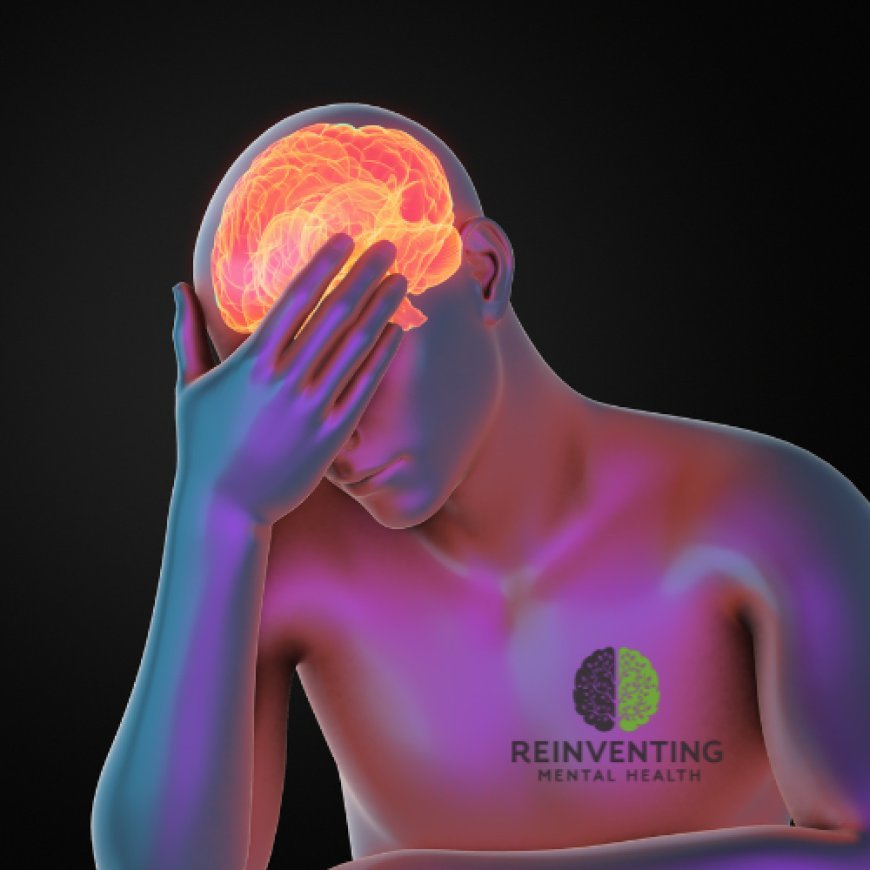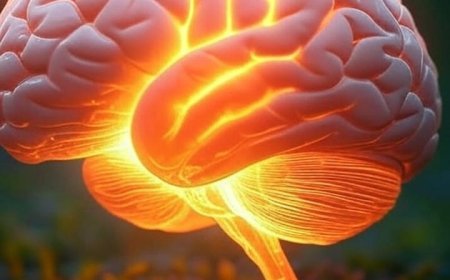Mens Mental Health
For too long, societal expectations have silently dictated that men must be strong, stoic, and self-reliant, often at the expense of their emotional well-being. The pervasive mantra to "man up" has instilled a fear of appearing weak, leading many men to bottle up their feelings and avoid seeking help for mental health challenges.This deeply ingrained stigma, coupled with unique ways men may express distress, has created a silent crisis that demands urgent attention.

Beyond "Man Up": Prioritizing Men's Mental Health
For too long, societal expectations have silently dictated that men must be strong, stoic, and self-reliant, often at the expense of their emotional well-being. The pervasive mantra to "man up" has instilled a fear of appearing weak, leading many men to bottle up their feelings and avoid seeking help for mental health challenges.This deeply ingrained stigma, coupled with unique ways men may express distress, has created a silent crisis that demands urgent attention.
The Hidden Struggles: Common Mental Health Issues in Men
While mental health conditions affect everyone, men often experience and manifest them differently. Common mental health issues in men include:
Depression: While often associated with sadness, depression in men can present as irritability, anger, aggression, physical pain, risk-taking behavior, and substance abuse.
Anxiety Disorders: From generalized worry to panic attacks, anxiety can significantly impact a man's quality of life.
Substance Use Disorders: Many men turn to alcohol or drugs as a coping mechanism for underlying emotional turmoil, which can exacerbate mental health issues and lead to addiction.
Post-Traumatic Stress Disorder (PTSD): Particularly prevalent in men who have experienced combat or other traumatic events, PTSD can manifest as anger, aggression, and avoidance.
Body Image Issues and Eating Disorders: Though often overlooked in men, body dissatisfaction, muscle dysmorphia, and eating disorders like anorexia and binge-eating can affect men too.
Suicide: Alarmingly, men are significantly more likely to die by suicide than women. This grim statistic underscores the critical need to address men's mental health proactively, as many men who die by suicide may not have been formally diagnosed with a mental health condition.
The Roots of the Silence: Factors Contributing to Men's Mental Health Challenges
Several factors contribute to the reluctance of men to seek mental health support:
Traditional Masculine Norms: The pressure to embody traits like dominance, strength, and emotional suppression can prevent men from acknowledging vulnerability and seeking help. Phrases like "suck it up" and "be strong" discourage open emotional expression.
Stigma: A powerful stigma surrounds men's mental health, leading to fears of judgment, social isolation, and professional repercussions. Many men internalize these negative attitudes, feeling shame about their struggles.
Different Symptom Presentation: Men's symptoms may not always align with typical presentations of mental illness. Instead of expressing sadness or hopelessness, they might exhibit anger, irritability, risky behavior, or physical complaints without a clear medical cause. This can lead to underdiagnosis or misdiagnosis.
Reluctance to Seek Help: Men are less likely to initiate conversations about their mental health with friends, family, or healthcare professionals. They may try to cope alone or through unhealthy behaviors.
Life Stressors: Work-related pressure, financial strain, relationship problems (including separation and divorce), unemployment, and physical health issues are significant stressors that can negatively impact men's mental well-being.
Breaking the Cycle: Strategies for Support and Well-being
Addressing men's mental health requires a multi-faceted approach that challenges societal norms and promotes open dialogue.
For Individuals:
Acknowledge and Validate Emotions: Recognize that it's okay to feel overwhelmed, stressed, or sad. Suppressing emotions can worsen mental health over time.
Build a Strong Support Network: Connect with trusted friends, family, or mentors who offer positive, non-judgmental support. Social connection is vital for mental well-being.
Prioritize Self-Care: Engage in healthy habits such as regular exercise (a powerful mood booster), a balanced diet, adequate sleep, and limiting alcohol and drug consumption.
Embrace Hobbies and Purpose: Pursue activities that bring joy, a sense of accomplishment, and meaning to life.
Practice Mindfulness and Relaxation: Techniques like deep breathing, meditation, and visualization can help manage stress and promote emotional regulation.
Set Realistic Goals: Break down large goals into smaller, manageable steps to reduce feelings of overwhelm and foster a sense of progress.
For Friends, Family, and Society:
Encourage Open Conversations: Create a safe space for men to talk about their feelings without judgment. Listen actively and validate their experiences.
Educate and Raise Awareness: Understand the unique ways men might express mental distress and recognize the signs that a loved one may need support.
Challenge Stigma: Actively combat stereotypes that equate seeking help with weakness. Emphasize that asking for support is a sign of strength and courage.
Support Professional Help: Encourage men to reach out to a primary care provider or mental health professional. Offer to help them find resources or even accompany them to appointments.
Where to Find Help: Resources for Men's Mental Health
If you or a man you know is struggling, help is available. Don't hesitate to reach out to:
988 Suicide & Crisis Lifeline: Call or text 988 anytime for free and confidential support.
HeadsUpGuys (headsupguys.org): Provides tips and tools for men to manage and prevent depression.
ManTherapy (mantherapy.org): Uses humor to cut through stigma and connect men with resources.
National Institute of Mental Health (NIMH): Offers information on men's mental health, warning signs, and treatment options.
Black Men Heal: A non-profit organization providing free therapy sessions for Black men with therapists of color.
The ManKind Project: Provides training, groups, and programs for men to form connections and receive support.
Psychology Today's "Find a Therapist" tool: Allows you to search for therapists specializing in men's issues.
NAMI (National Alliance on Mental Illness): Offers support groups and resources for mental health conditions.
By fostering a culture of empathy, understanding, and proactive support, we can collectively break down the barriers preventing men from seeking the help they deserve. Prioritizing men's mental health isn't just about individual well-being; it's about building healthier, more resilient communities for everyone.
What's Your Reaction?
 Like
0
Like
0
 Dislike
0
Dislike
0
 Love
0
Love
0
 Funny
0
Funny
0
 Angry
0
Angry
0
 Sad
0
Sad
0
 Wow
0
Wow
0











































